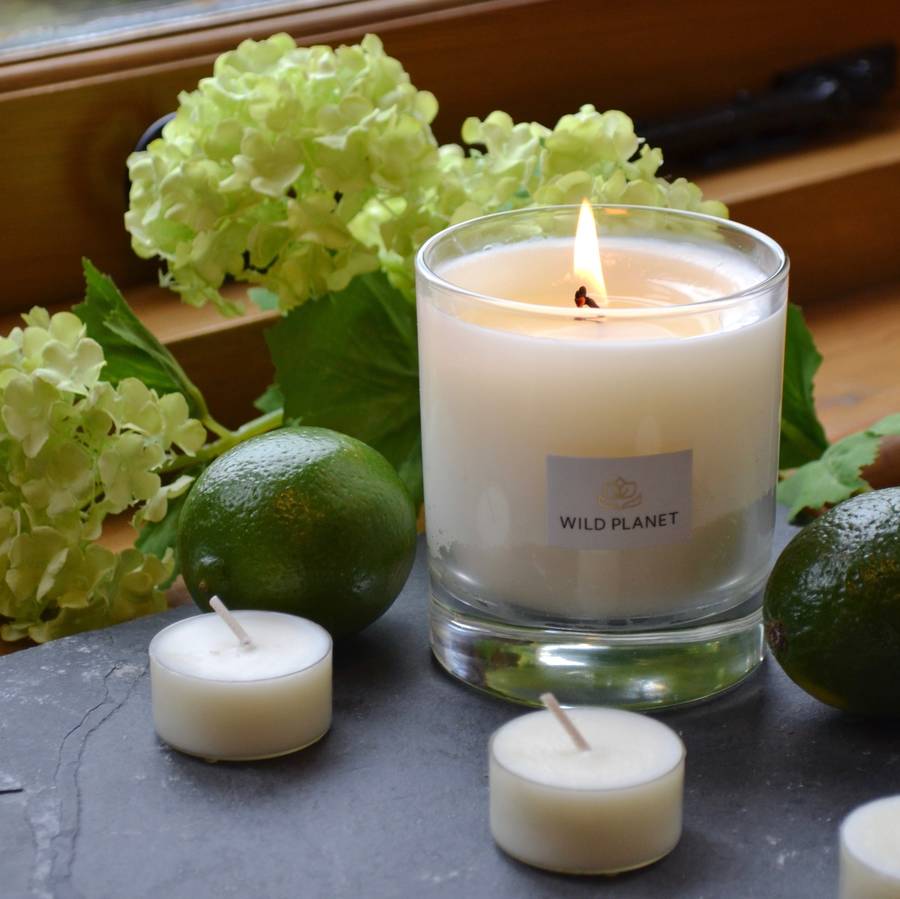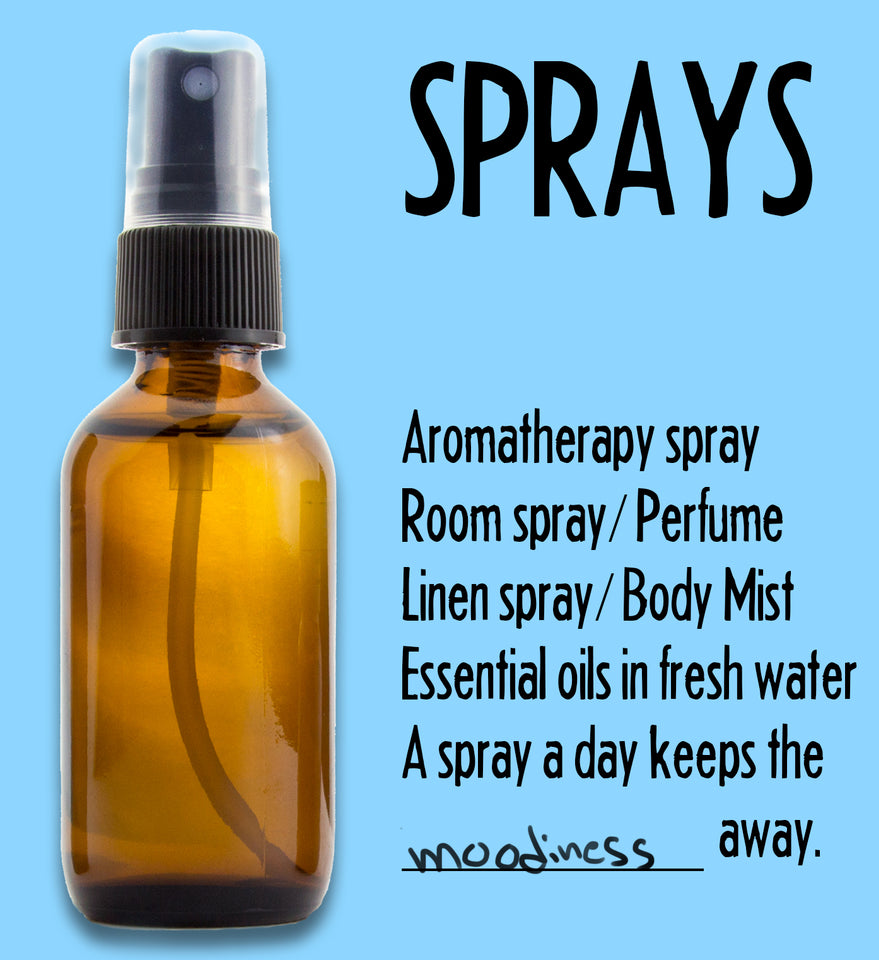Aroma Therapy uses plant materials and aromatic plant oils, including essential oils, and other aroma compounds, with claims for improving psychological or physical well-being. It is offered as a complementary therapy or as a form of alternative medicine, the first meaning alongside standard treatments, the second instead of conventional, evidence-based treatments. Siddha Spirituality of Swami Hardas Life System has taken note of Aroma Therapy and feels that the use of Aroma Therapy may be useful for purification of the surrounding atmosphere. Hence, do read details of Aroma Therapy.
Aroma Therapists, people who specialize in the practice of Aroma Therapy, utilize blends of therapeutic essential oils that can be used as a topical application, massage, inhalation or water immersion.
There is no good medical evidence that Aroma Therapy can either prevent or cure any disease. Placebo-controlled trials are difficult to design, as the point of Aroma Therapy is the smell of the products. There is some evidence that it is effective in combating postoperative nausea and vomiting.
Modes of application
The modes of application of Aroma Therapy include:
- Aerial diffusion: for environmental fragrancing or aerial disinfection
- Direct inhalation: for respiratory disinfection, decongestant, expectoration as well as psychological effects
- Topical applications: for general massage, baths, compresses, therapeutic skin care
Materials
Some of the materials employed include:
Absolutes
Fragrant oils extracted primarily from flowers or delicate plant tissues through solvent or supercritical fluid extraction (e.g., rose absolute). The term is also used to describe oils extracted from fragrant butter, concretes, and enfleurage pommades using ethanol.
Aroma Therapy Lamps or Diffusers
An electric or candle-fueled device which volatilizes essential oils, usually mixed with water.

Aroma Therapy Carrier Oils
Typically oily plant base triacylglycerides that dilute essential oils for use on the skin (e.g., sweet almond oil).
Aroma Therapy Essential Oils
Fragrant oils extracted from plants chiefly through steam distillation (e.g., eucalyptus oil) or expression (grapefruit oil). However, the term is also occasionally used to describe fragrant oils extracted from plant material by any solvent extraction. This material includes incense reed diffusers.
Aroma Therapy Herbal distillates or hydrosols
The aqueous by-products of the distillation process (e.g., rosewater). Common herbal distillates are chamomile, rose, and lemon balm.
Aroma Therapy Infusions
Aqueous extracts of various plant material (e.g., infusion of chamomile).

Aroma Therapy Vaporizers
Typically higher oil content plant-based materials dried, crushed and heated to extract and inhale the aromatic oil vapors in a direct inhalation modality.
Aroma Therapy Candles
As it gets darker earlier, it gets harder to leave your warm, cozy house and go smash it at the gym. But a clinical study published in the Journal of the International Society of Sports Nutrition supports the benefits of peppermint oil (Mentha piperita) on breathing and exercise performance, so try lighting this candle before your next workout session.

Aroma Therapy Car Diffuser
Adding couple drops of your favorite essential oil to aroma clip provide various therapeutic effects, promote positive attitudes, induce relaxation, help with depression, great for healing wounds and killing bacteria; give a boost of energy and improve respiratory health, and relieve anxiety.
Aroma Therapy Spray
Aroma Therapy sprays lift spirits and direct your subconscious as you step into a more mindful space.

Aroma Therapy Benefits
Aromatherapy is the treatment or prevention of disease by the use of essential oils. Other stated uses include:
- Pain and anxiety reduction
- Enhancement of energy and short-term memory
- Relaxation
- Hair loss prevention
- Reduction of eczema-induced itching
Two basic mechanisms are offered to explain the purported effects. One is the influence of aroma on the brain, especially the limbic system through the olfactory system. The other is the direct pharmacological effects of the essential oils. Aromatherapy has been criticized as pseudoscientific fraud.
Aroma Therapy Effectiveness
There is no good medical evidence that aromatherapy can prevent or cure any disease.
In 2015, the Australian Government’s Department of Health published the results of a review of alternative therapies that sought to determine if any were suitable for being covered by health insurance; aromatherapy was one of 17 therapies evaluated for which no clear evidence of effectiveness was found.
Evidence for the efficacy of aromatherapy in treating medical conditions is poor, with a particular lack of studies employing rigorous methodology. A number of systematic reviews have studied the clinical effectiveness of aromatherapy in respect to pain management in labor, the treatment of postoperative nausea and vomiting, managing behaviors that challenge in dementia, and symptom relief in cancer.
All of these reviews report a lack of evidence on the effectiveness of aromatherapy. Studies were found to be of low quality, meaning more well-designed, large scale randomized controlled trials are needed before clear conclusions can be drawn as to the effectiveness of aromatherapy.
Aroma Therapy Safety concerns
Aromatherapy carries a risk of a number of adverse effects and this consideration, combined with the lack of evidence of its therapeutic benefit, makes the practice of questionable worth.
Because essential oils are highly concentrated they can irritate the skin when used in undiluted form. Therefore, they are normally diluted with a carrier oil for topical application, such as:
- Jojoba oil
- Olive oil
- Coconut oil
Phototoxic reactions may occur with citrus peel oils such as lemon or lime. Also, many essential oils have chemical components that are sensitizers (meaning that they will, after a number of uses, cause reactions on the skin, and more so in the rest of the body).
The chemical composition of essential oils could be affected herbicides if the original plants are cultivated versus wild-harvested. Some oils can be toxic to some domestic animals, with cats being particularly prone.
A report of three cases documented gynecomastia in prepubertal boys who were exposed to topical lavender and tea tree oils. The Aromatherapy Trade Council of the UK issued a rebuttal.
The Australian Tea Tree Association, a group that promotes the interests of Australian tea tree oil producers, exporters and manufacturers issued a letter that questioned the study and called on the New England Journal of Medicine for a retraction.
Another article published by a different research group also documented three cases of gynecomastia in prepubertal boys who were exposed to topical lavender oil.
While some advocate the ingestion of essential oils for therapeutic purposes, licensed aromatherapy professionals do not recommend self-prescription due to the highly toxic nature of some essential oils.
Some very common oils like eucalyptus are extremely toxic when taken internally. Doses as low as 2 mL have been reported to cause clinically significant symptoms and severe poisoning can occur after ingestion of as little as 4 mL.
A few reported cases of toxic reactions like liver damage and seizures have occurred after ingestion of sage, hyssop, thuja and cedar oils. Accidental ingestion may happen when oils are not kept out of the reach of children.
As with any bioactive substance, an essential oil that may be safe for the general public could still pose hazards for pregnant and lactating women.
Oils both ingested and applied to the skin can potentially have negative interactions with conventional medicine. For example, the topical use of methyl salicylate-heavy oils like sweet birch and wintergreen may cause bleeding in users taking the anticoagulant warfarin.
doTerra
doTerra is a multi-level marketing company based in Pleasant Grove, Utah that sells essential oils and other related products. doTerra was founded in 2008 by David Stirling, Emily Wright, David Hill, Corey B. Lindley, Gregory P. Cook, Robert J. Young, and Mark A. Wolfertand. Stirling, Wright, and Hill were former executives of Young Living, a company which also sells essential oils via multi-level marketing. The company was the subject of a lawsuit by Young Living alleging theft of trade secrets – this was resolved in 2014 and the claims against doTerra were dismissed.
Bed bath and beyond
Bed Bath & Beyond Inc. is an American chain of domestic merchandise retail stores in the United States, Puerto Rico, Canada, and Mexico. Founded in 1971, the stores sell home goods primarily for the bedroom and bathroom, as well as kitchen and dining room. The company is included in the S&P 400 and Global 1200 Indices. It is also counted among the Fortune 500 and the Forbes Global 2000.
History
The use of essential oils for therapeutic, spiritual, hygienic and ritualistic purposes goes back to a number of ancient civilizations including the Chinese, Indians, Egyptians, Greeks, and Romans who used them in cosmetics, perfumes, and drugs. Oils were used for aesthetic pleasure and in the beauty industry. It was a luxury item and a means of payment. It was believed the essential oils increased the shelf life of wine and improved the taste of food.
Oils are described by Dioscorides, along with beliefs of the time regarding their healing properties, in his De Materia Medica, written in the first century. Distilled essential oils have been employed as medicines since the eleventh century when Avicenna isolated essential oils using steam distillation.
In the era of modern medicine, the naming of this treatment first appeared in print in 1937 in a French book on the subject: Aromathérapie: Les Huiles Essentielles, Hormones Végétales by René-Maurice Gattefossé, a chemist. An English version was published in 1993. In 1910, Gattefossé burned a hand very badly and later claimed he treated it effectively with lavender oil.
A French surgeon, Jean Valnet, pioneered the medicinal uses of essential oils, which he used as antiseptics in the treatment of wounded soldiers during World War II.
